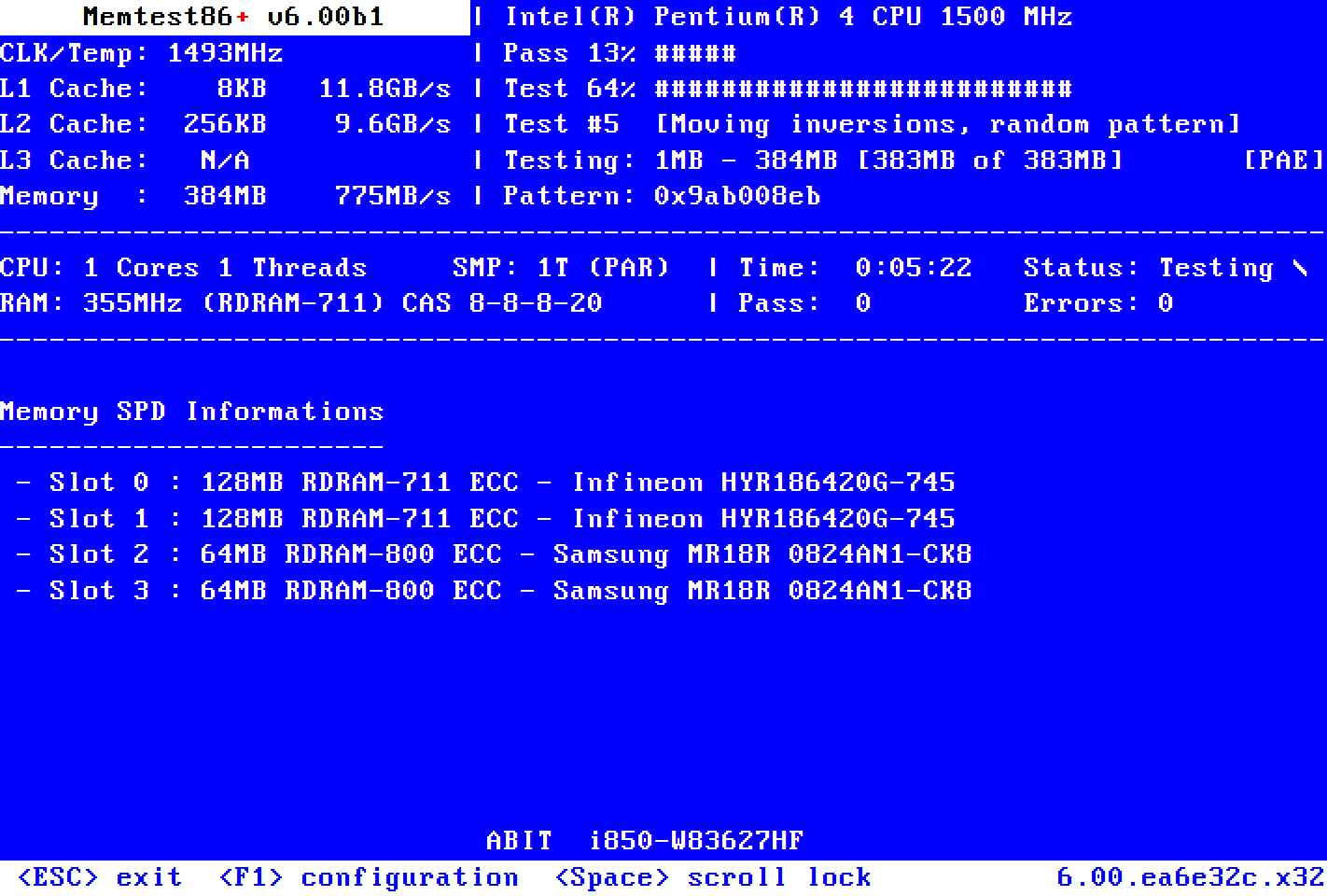
Ram 1: Crucial Ballistix Tactical Tracer RGB 16GB (1 x 16GB) 3000MHz DDR4
Ram 2: KLEVV BOLT X 16GB (16GB x 1) 3200MHz DDR4
The reason I am asking is I just got the 2nd ram stick (Ram 2) and used it in my pc and its speed shows up as 2666mhz. I initially thought I got sent the wrong RAM. After research, I found out that that is normal, and that I need to enable XMP to push the RAM to 3200mhz.
But now my older RAM stick (Ram 1) had if I can say Stock speed at 3000mhz RAM, I never enabled XMP on the other pc and was running at 3000mhz out the box.
I was wondering without missioning to swap out the rams and test, which one would be a better choice?
Also with regards to what each of their maximum speed could be, I assume, because RAM 2 has a higher base speed it could be pushed higher? but it also might be that somehow it was set to run at 3000mhz out the box is this possible?
Thanks, your help is appreciated greatly.
My PC Specs:
CPU: Intel 11th Gen Core i5-11400
RAM: In Question
GPU: Zotac Geforce GTX1060 Mini Graphics Card - 3GB
Motherboard: ASUS TUF Gaming Z590-PLUS WIFI Intel ATX Motherboard
PSU: Fractal Design FD-PSU-IONP-660P-BK Ion+ 660W 80 Plus Platinum Certified Fully Modular Desktop Power Supply



